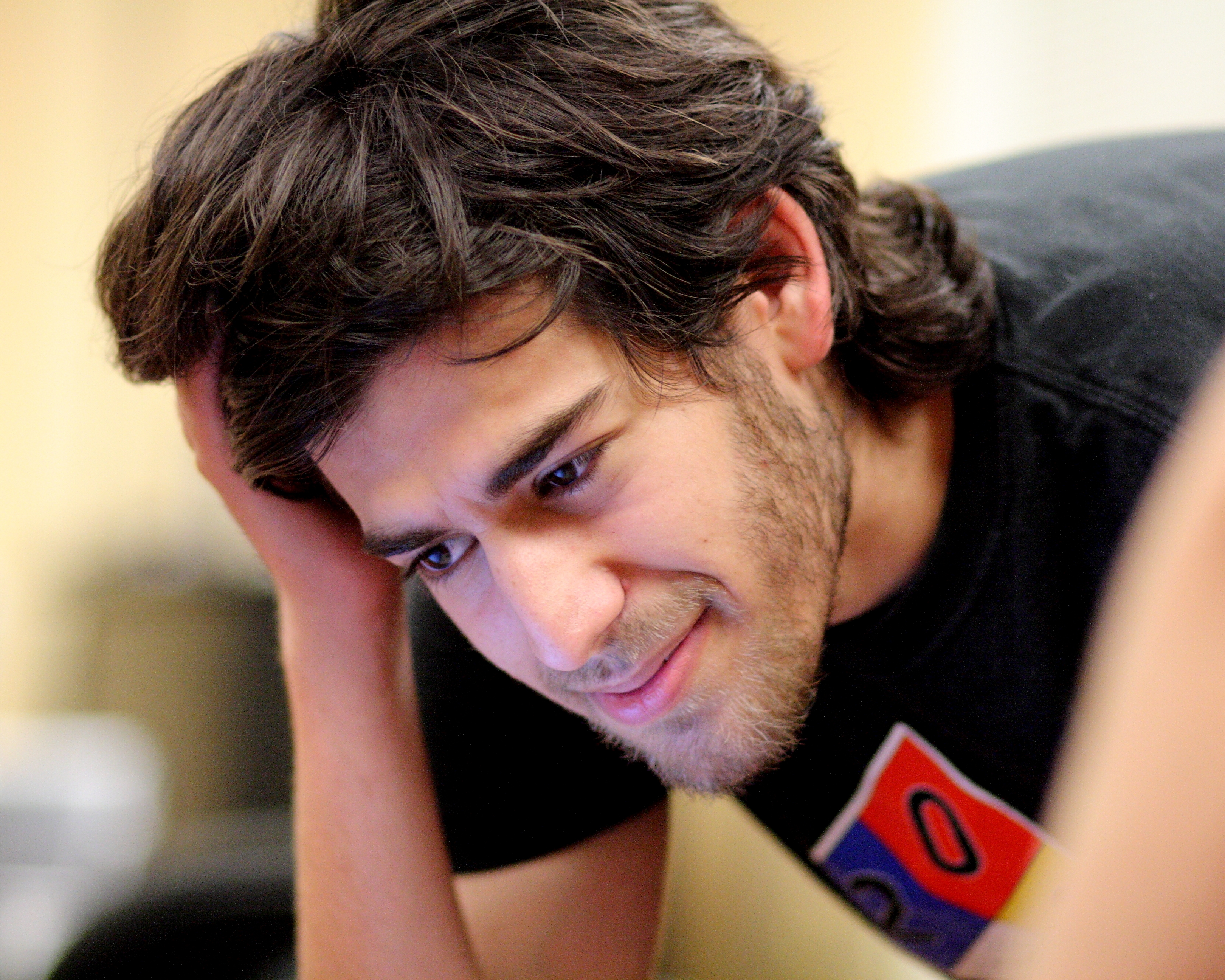Director: Brian Knappenberger,
Watched in: Theater,
Rating: 4/5.
The Internet’s Own Boy: The Story of Aaron Swartz documents the sad tale of the information activist and brilliant computer programmer who committed suicide in early 2013. The movie presents damning evidence of death by intimidation, perpetrated by the United States government against one of its own citizens, orchestrated by a paranoid national security apparatus and an overzealous Federal prosecutor. The Internet’s Own Boy will leave you angry, suspicious, even shocked; it is both a searing work of protest and rage, and a deeply moving portrait of a gifted, likeable young man driven to despair by the very country he loved and sought to help.
Swartz was, by all accounts, a computer programming prodigy and technical genius. He helped develop the Internet protocol RSS, co-founded Instagram and the information hub Reddit. He worked as a researcher at Harvard and established the web-based Creative Commons. He could have made billions of dollars if he’d sunk his talents into Silicon Valley. Instead, he used his skills in areas of social justice and information access. Believing that knowledge is the ultimate power, and that all knowledge should be free and available to the public, especially if the public has already paid for it, Swartz aggressively and subversively mined vaults of data and information from privately owned websites with the goal of making it accessible to everyone. He considered himself an activist, and even dreamed one day of using his skills in politics. He wanted to eventually work in the White House.
Swartz was revered in the Internet world, but to the rest of us his suicide may have been interpreted as the final act of a kid who spent too much time cooped up in a room staring at a screen. Nothing could be further from the truth. What this film tells us, in revealing, forceful interviews with his family, friends, lawyers, and fellow Internet pioneers, is that Swartz was always thinking of how to engage the world in a supremely important discussion about the very foundations of our freedom. He was instrumental in defeating SOPA, the Stop Internet Piracy Act, which would have put an even tighter straitjacket on the free exchange of ideas and information on the web. His goal was citizen empowerment, and it is stirring to think of what he could have accomplished if he had lived. Aaron Swartz was already a hero at the age of 26, a citizen anarchist too smart and unpredictable for the power structures of America to contain. When they threatened to send him to prison for 35 years and fine him $1 million, he cracked under the pressure.
The Internet’s Own Boy breaks no new ground stylistically. Talking heads are interspersed with existing footage and supplemented with on-screen text. An intermittently used narrator drops into the film from time to time to explain loose ends. But the straightforward storytelling builds inexorably to a coda that is as mournful as it is chilling. If a government of the people and by the people can only survive by keeping secrets from them–and by hounding to death those who wish to reveal those secrets in the name of freedom–then we should all be terrified.

